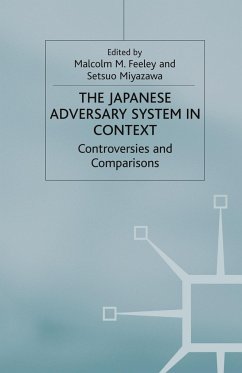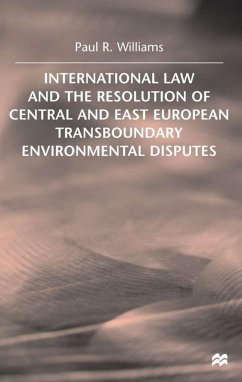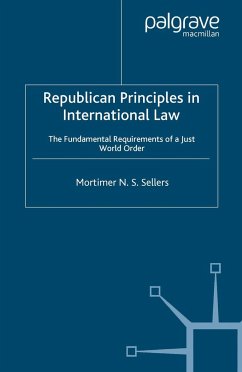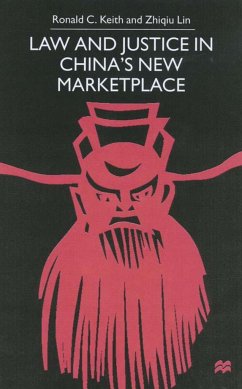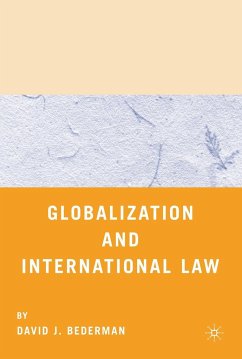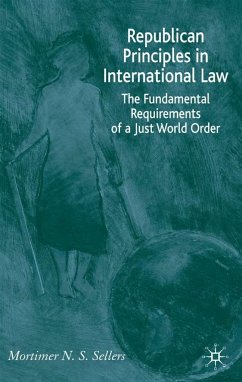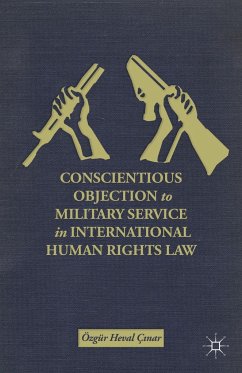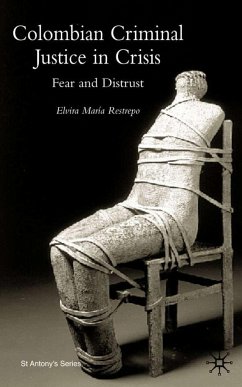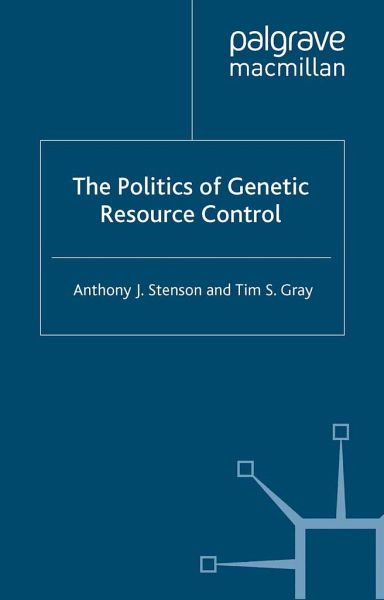
The Politics of Genetic Resource Control

PAYBACK Punkte
52 °P sammeln!
The question of how genetic resources ought to be owned and controlled has become a controversial international political issue. The authors examine this issue from a normative perspective, discussing the four principles that govern the debate over genetic resource control. These four principles are proprietarian intellectual property rights (the dominant principle, reflecting Western influences); communitarian intellectual property rights (a principle bound up with the rights of indigenous peoples); national sovereignty (the principle at the heart of international law); and common heritage of...
The question of how genetic resources ought to be owned and controlled has become a controversial international political issue. The authors examine this issue from a normative perspective, discussing the four principles that govern the debate over genetic resource control. These four principles are proprietarian intellectual property rights (the dominant principle, reflecting Western influences); communitarian intellectual property rights (a principle bound up with the rights of indigenous peoples); national sovereignty (the principle at the heart of international law); and common heritage of mankind (the most recent principle reflecting Third World demands).



